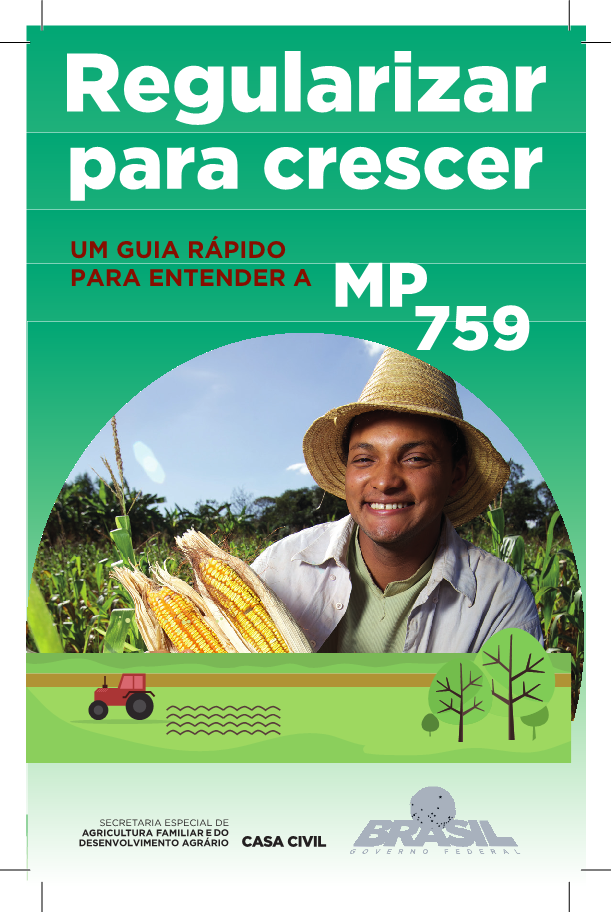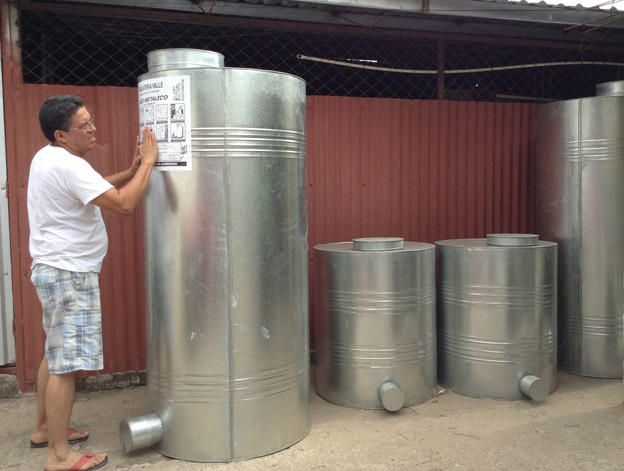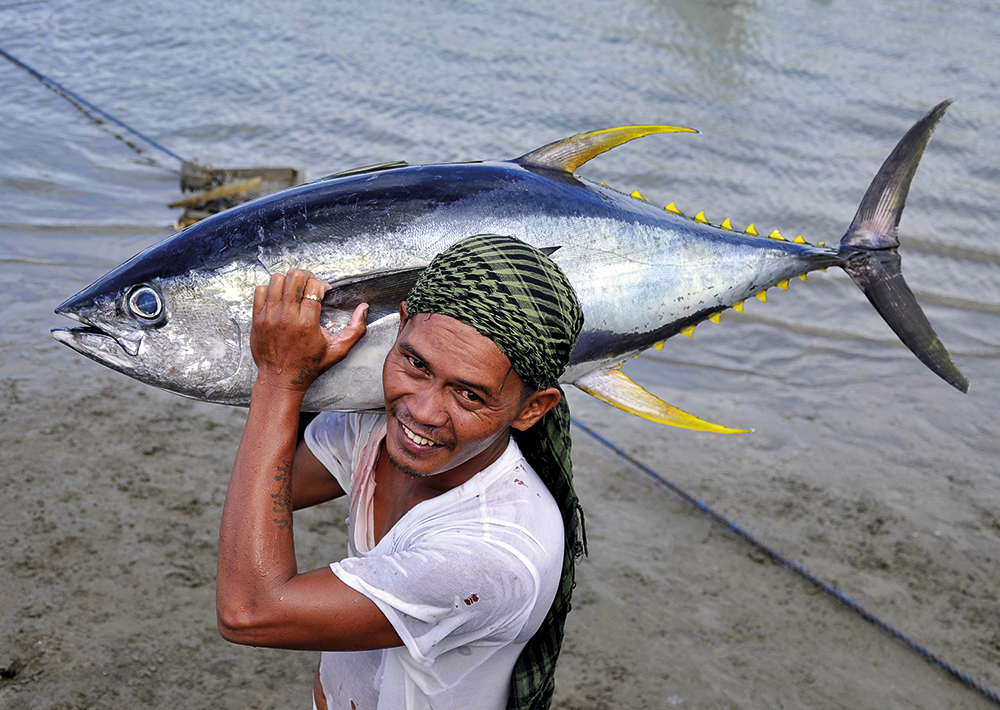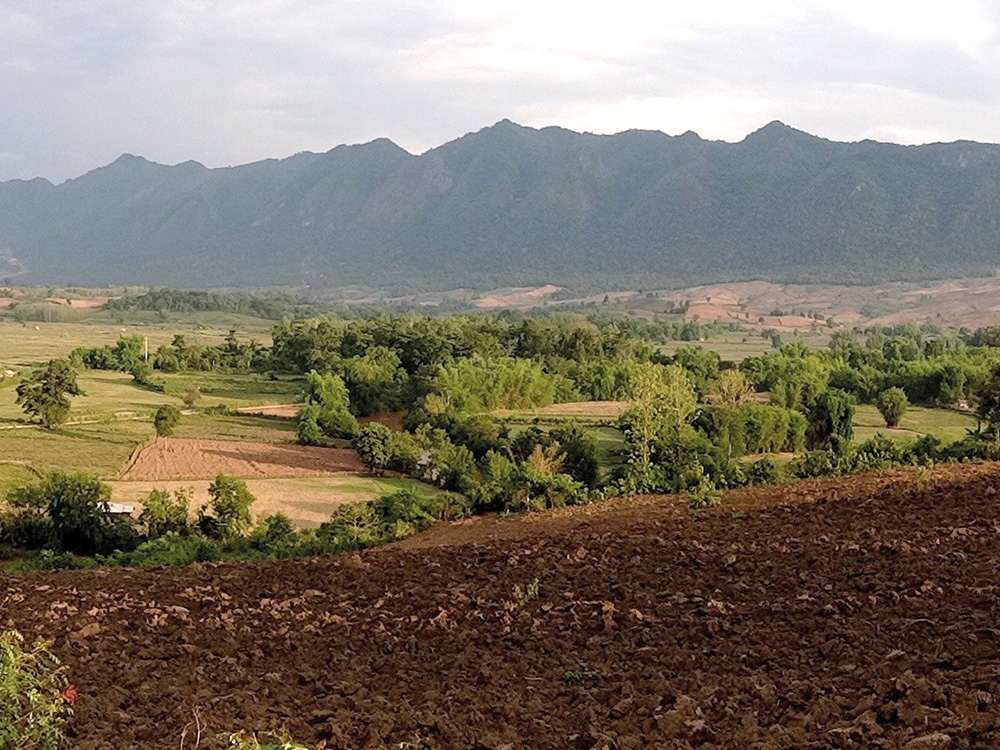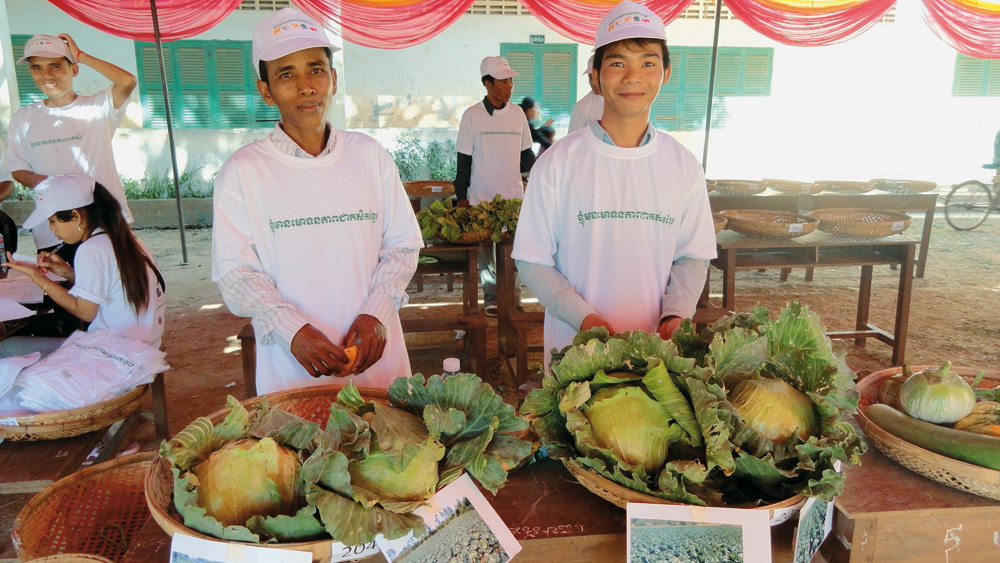Regularizar para crescer: Um guia rápido para entender a MP 759
Com a edição da Medida Provisória 759, o Governo Federal propõe ao Congresso Nacional um modelo de reforma agrária mais transparente, eficaz e ágil para corrigir irregularidades do passado e garantir ao trabalhador rural assentado o direito de acesso às políticas públicas do setor.
A MP 759 também prevê mudanças na titulação urbana, além dos ajustes ao Programa de Reforma Agrária. No que se refere ao meio rural, a medida corrige contradições que, em última instância, inviabilizam a promoção do bem-estar de agricultores familiares e o desenvolvimento sustentável do campo

